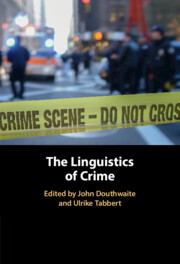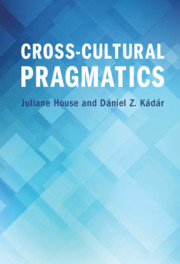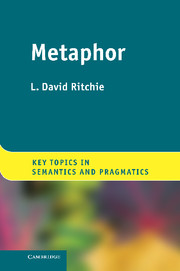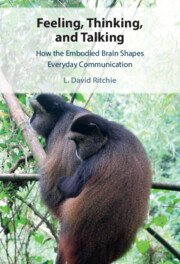Metaphorical Stories in Discourse
When Hillary Clinton conceded in 2008 that she didn't quite 'shatter the glass ceiling', and when Rick Perry in 2012 called Mitt Romney a 'vulture capitalist', they used abbreviated metaphorical stories, in which stories about one topic are presented as stories about something entirely different. This book examines a wide range of metaphorical stories, beginning with literary genres such as allegories and fables, then focusing on metaphorical stories in ordinary conversations, political speeches, editorial cartoons, and other communication. Sometimes metaphorical stories are developed in rich detail; in other examples, like 'vulture capitalist', they may merely be referenced or implied. This book argues that close attention to metaphorical stories and story metaphors enriches our understanding and is essential to any theory of communication. The book introduces a theoretical structure, which is developed into a theory of metaphorical stories and then illustrates the theory by applying it to actual discourse.
- Uses examples from actual discourse, with a description and discussion of the broader context in which they appeared, providing a basis for readers to extend and apply the concepts to familiar situations
- Accessible to readers new to the study of metaphor and narrative, with minimal jargon and carefully explained technical terms
- Enables readers to understand the basis for the theoretical treatment of metaphorical stories, and to understand how metaphorical stories fit within and contribute to communication in a broader context
Product details
September 2017Adobe eBook Reader
9781316731680
0 pages
0kg
12 b/w illus. 7 tables
This ISBN is for an eBook version which is distributed on our behalf by a third party.
Table of Contents
- 1. Introduction
- 2. Understanding metaphors: substitution and property attribution theories
- 3. Understanding metaphors: theories based on semantic relationships
- 4. Conceptual metaphors
- 5. Perceptual simulation
- 6. Metaphors and framing effects
- 7. Language play: metaphors, stories, and humor
- 8. Conversation
- 9. Metaphors in politics
- 10. Metaphors in literature
- 11. Closing reflections.






